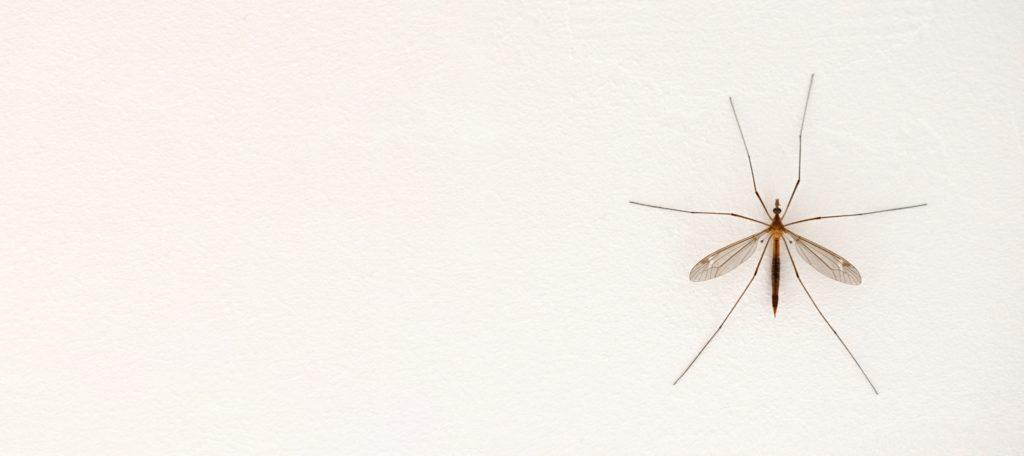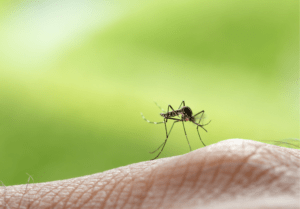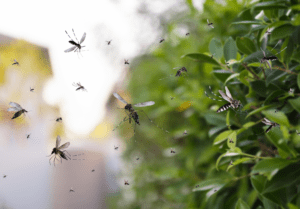
Mosquitos can be a nuisance. They bite and leave marks wherever they go. During one of Iowa’s harshest winters, an onslaught of invasive mosquitoes arrived and survived. These mosquitoes are scientifically known as the Aedes albopictus. Read more to find out why this specific species of mosquitoes differs from other species.
History
According to Ryan Smith, an associate professor of entomology, Iowa winters are known to keep mosquitoes at bay. The species that arrived in Iowa this year does not spread West Nile virus. However, it can be a vector for Zika, chikungunya and dengue viruses. Although these mosquitoes have claimed their space in this state, it shouldn’t be alarming.
Distinction Compared to Other Species
This species has a distinctive white racing stripe down their backs. These stripes are visible to the naked eye, thus making the mosquitoes easily identifiable. This species has taken root in three counties including Lee, Des Moines and Polk, which is quite different from the general patterns of mosquitoes. This species is likely to increase in number in the coming years.
Preventative Measures
There are a few tried and true methods for keeping mosquitoes away from you and your home. Clear your yard of debris and vectors that could be used for them to lay their eggs. Mosquitoes like to lay eggs on surfaces that are wet. Clearing your yard of items that can get moldy or wet, like firewood or fallen fruit will provide less incubating space. When you’re out and about, be sure to use bug repellent in order to keep these unique mosquitoes away and prevent bites.

Knowing that mosquitoes can become pests over time, it’s important to take the proper steps to prevent an infestation. Need some assistance controlling the volume of mosquitoes around your home? We provide the best Des Moines mosquito control. Give us a call at 515-279-7378 or contact us online to schedule a free inspection.


